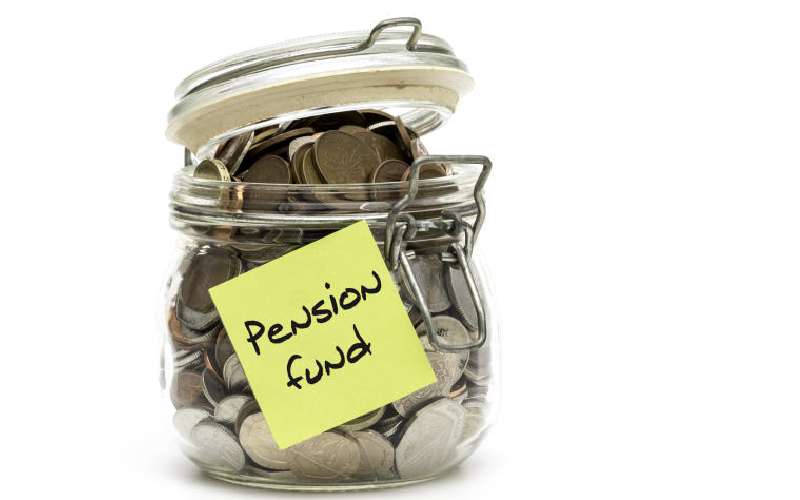×
The Standard e-Paper
Join Thousands Daily

Kenya has made progress in instituting policies that crowd-in private sector engagement, particularly within the affordable housing pillar. [Courtesy]
Kenya’s real Gross Domestic Product (GDP) growth has a history of slackening during election years. During this period, fund managers and individuals put investment decisions on hold pending a return to normalcy in the political scene.